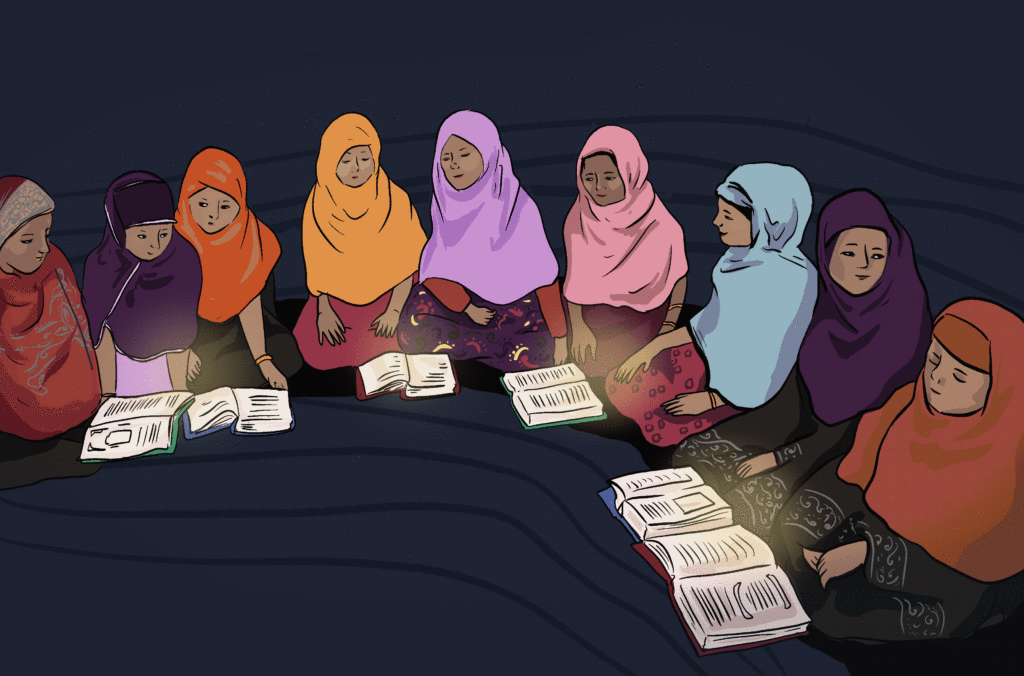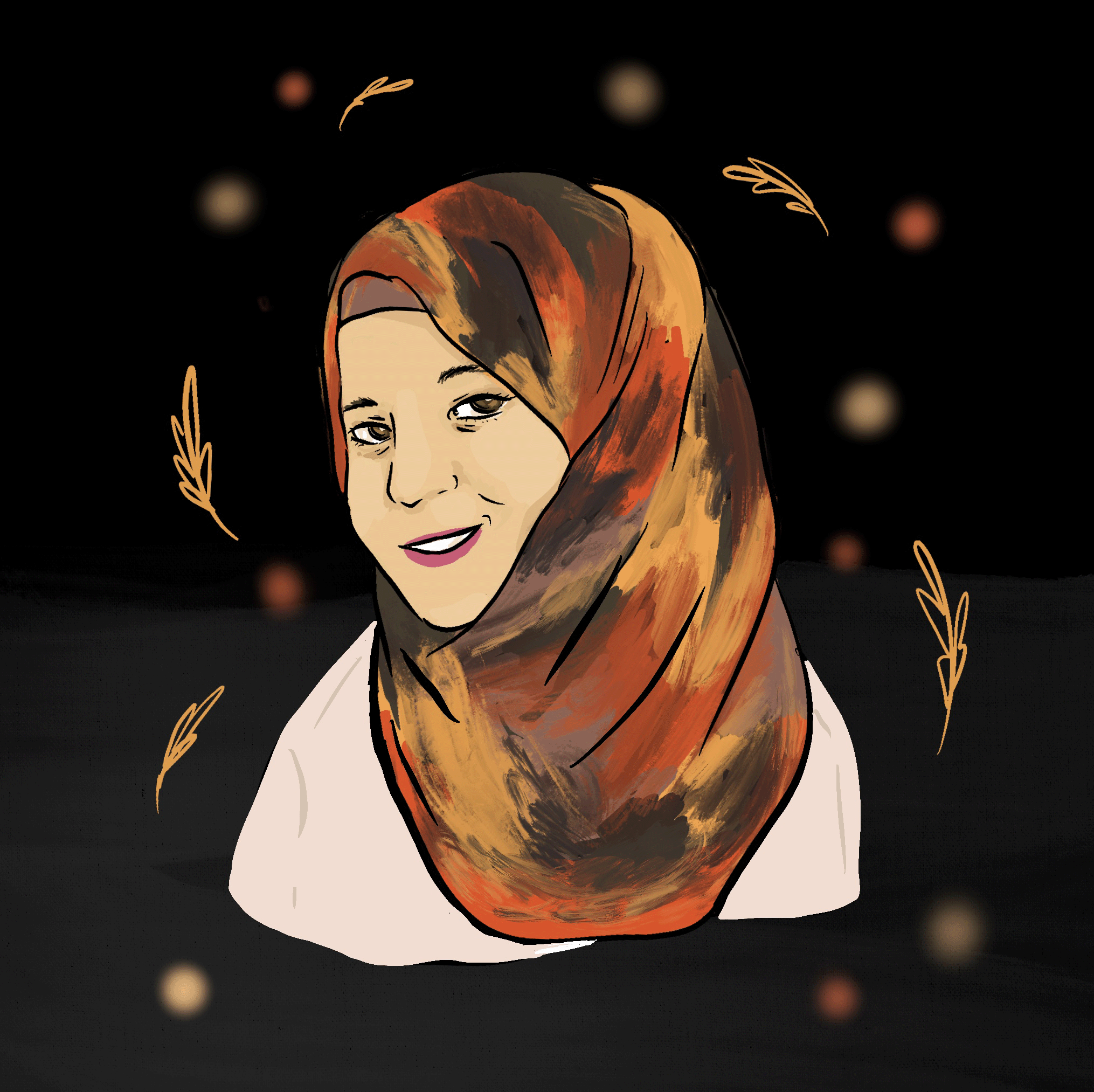“ Women are also the builders of the nation.”
(COX’S BAZAR, January 24, 2020)–Last year, the Government of Bangladesh announced a pilot project allowing 10,000 Rohingya children access to schooling in refugee camps. Despite this, Rohingya refugees living in some of the world’s largest refugee camps in Bangladesh still experience gaps in education.
“Saima”—not her real name—founded an education program for refugee women and girls through two informal home-based programs as part of refugee-led efforts to fill the gaps.
“Education makes a difference in women’s lives,” Saima told Fortify Rights. “It helps them contribute to their family and make decisions about their rights.”
Saima’s family fled to Bangladesh to escape state-sponsored persecution and genocide in Myanmar. However, she sees education as being a key to solving challenges facing the Rohingya community.
“Advocacy for education is crucial,” she said. “In my view, education is a weapon to solve most of our problems. Most importantly, women will feel empowered through education.”
Saima created two home-based education centers in the refugee camps in southern Bangladesh, enrolling more than two hundred women and girls.
“In Bangladesh, formal education for Rohingya is mostly banned,” said Saima. “But collectively and unitedly, we can achieve our goals and empower more women.”
Through the Saima’s programs, women and girls learn mathematics, English, Burmese, Arabic, and receive vocational training.

Acknowledging the obstacles that Rohingya women and girls continue to face, Saima said: “[It is difficult to] survive in such a harsh environment for women and girls . . . Years of conditioning in a patriarchal society have disadvantaged Rohingya women. I want everyone to realize that women are also the builders of the nation. We should challenge harmful gender norms.”
Despite the challenges, Saima remains hopeful for the future of her community.
“Despite thousands of problems, when I see the sunrise in the morning, I become so optimistic and feel encouraged to work on sustainable solutions for our Rohingya community. Time is very precious. I don’t want our generation to live in the darkness of illiteracy. When we go back to our homeland, we can do decent jobs. So, I urge all those who are in power to help us to obtain a formal education, which is a basic human right.”
